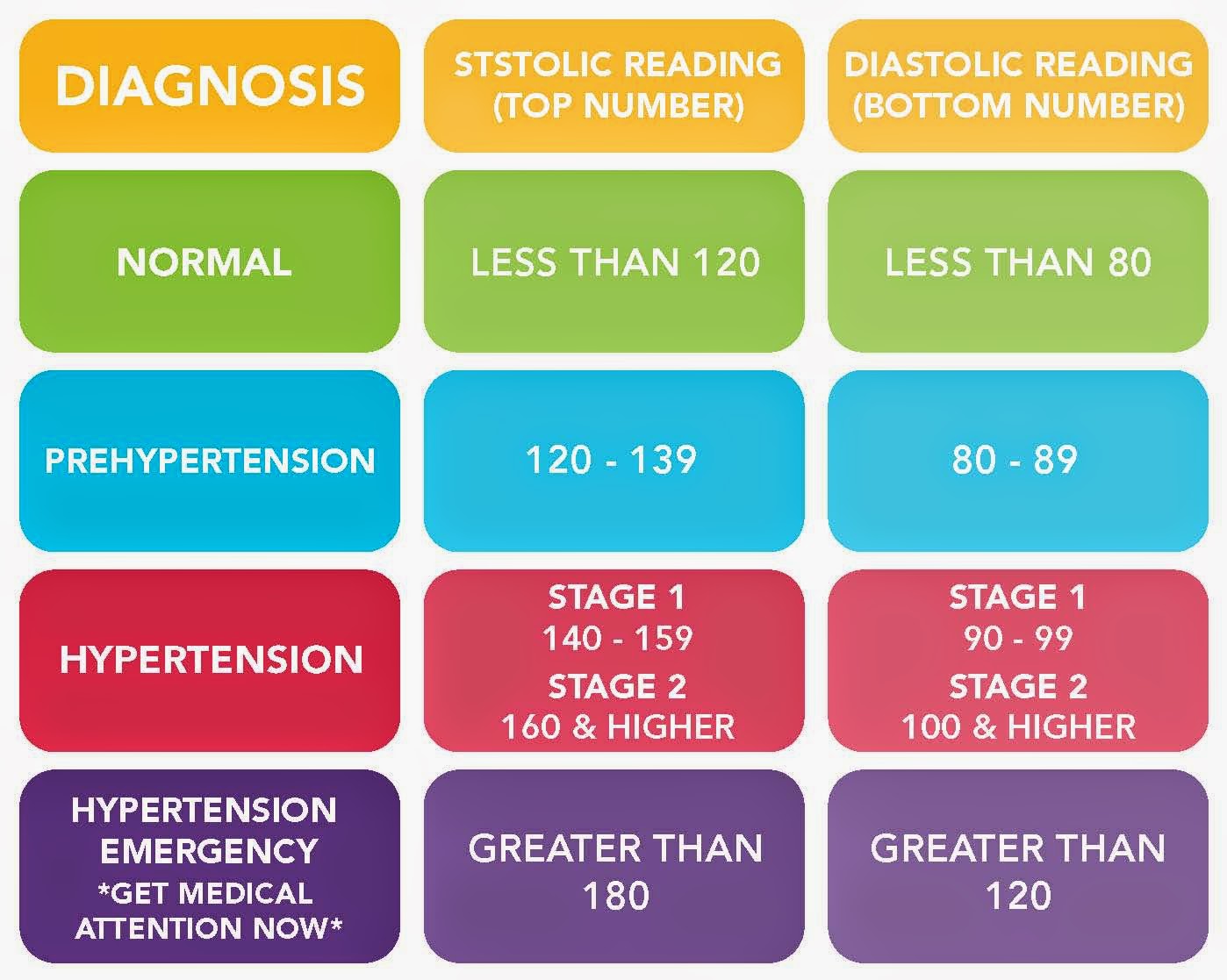Healthy blood pressure levels are an
indicator of how clear the body’s arteries are. When blood pressure levels get
out of balance, they can signal a potential heart attack or stroke.
High blood
pressure levels are often caused by atherosclerosis, also called hardening of
the arteries, which occurs when oxidized particles of LDL cholesterol stick to
the walls of the arteries.
Eventually these particles build up and form plaque,
narrowing the blood vessels and putting a heavier workload on the heart as it
pumps oxygenated blood to the entire body.
One
of the specific compounds in olive oil that directly combats this build-up is
called oleuropein. Oleuropein has been found by scientists to prevent the LDL
cholesterol from oxidizing and sticking to the arterial walls.
Saturated
fat diets are associated with higher blood pressure but there have been few
good studies on whether the reverse is true; can unsaturated fats lower blood
pressure?
And are some unsaturated fats better than others? The answer is yes
according to a well-designed study published by researchers from the University
of Naples, Italy. They fed 23 subjects a diet rich either in monounsaturated
fatty acids (MUFA) (olive oil) or polyunsaturated fatty acids (PUFA) (sunflower
oil) for one year.
In their words, "the main result of our investigation
was a straightforward reduction in antihypertensive tablet consumption when
patients were given olive oil, whereas drug consumption was only mildly
affected by sunflower oil."
The need for common blood pressure drugs such
as atenolol, HCTZ, and nifedipine was cut in half after just 4 months on the
olive oil diet whereas drug consumption was only mildly affected by sunflower
oil.
Cholesterol and triglyceride levels were also slightly lower while on the
olive oil diet. There are as many as 5 mg of antioxidant polyphenols (absent in
sunflower oil) in every 10 grams of olive oil. Polyphenols have been shown to
reduce coronary artery disease and may be the substance lowering blood pressure.
Antioxidants reduce nitric acid levels, a substance in the body known to raise
blood pressure. At 26.6% of calories from fat the experimental diet was also
low in total fat. The study was double blinded with neither subjects nor
researchers aware of which oil was being used. Subjects were told to cook with
given oil and men were told to add 40g and women to add 30g of oil after
cooking.
The study participants experienced no change in weight during the
year. For readers with high blood pressure thinking of doing their own olive
oil study: please get the consent of your doctor before changing medication
doses.
SOURCES
From the Departments of Clinical and Experimental Medicine (Drs Ferrara, Raimondi, Guida, and Marotta, and Ms d'Episcopo) and Biochemistry and Medical Biotechnologies (Mr Dello Russo), Federico II University of Naples, Naples, Italy.
Reprints:
L. Aldo Ferrara, MD, Department of Clinical and Experimental Medicine, Federico
II University of Naples, Via S Pansini 5, 80131, Naples, Italy.
The content of this web site is not intended to
offer personal medical advice. You should seek the advice of your physician or
other qualified health provider with any questions you may have regarding a
medical condition. Never disregard professional medical advice or delay in
seeking it because of something you have read on this web site.




No comments:
Post a Comment